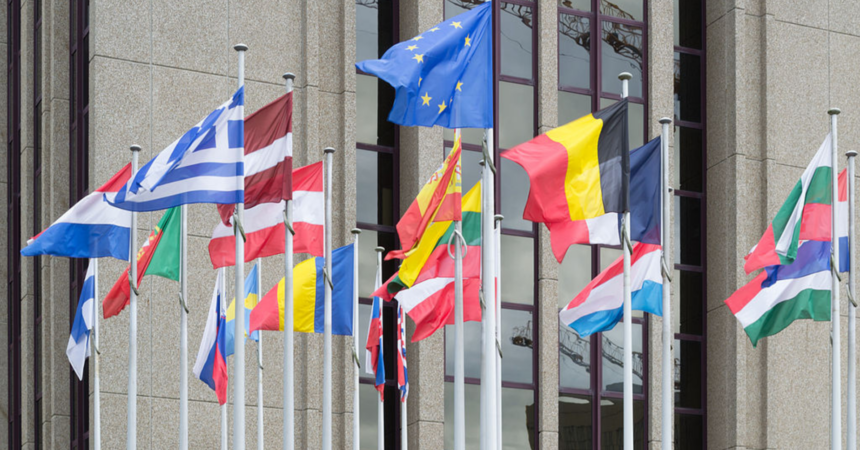The European Court of Auditors (ECA) has flagged how the same contractors are repeatedly winning tenders from a particular contracting authority in Malta.
The ECA has also raised a departure in Malta from standard tendering procedures without good reason, such as choosing a negotiated procedure (direct order) when an open procedure could have been used.
According to a new report published by the ECA, although there is a framework to prevent and manage such conflicts of interest in EU spending, there are still gaps in promoting transparency and identifying situations at risk.
The report, which looked at how the issue affects agriculture and cohesion policy – one of the EU’s biggest spending areas – lists potential red flags that are often ignored in the public procurement process and which could lead to conflicts of interest.
Malta was one of four member states sampled for the audit, together with Germany, Hungary and Romania. These four member states were selected according to criteria such as size, national and regional structure, geographic coverage, the materiality of EU aid for cohesion and agriculture, their ranking in different corruption indices and member states’ reporting of conflicts of interest to EU’s anti-fraud watchdog, OLAF.
EU rules require all persons involved in the management of EU funds (at EU and national level) to avoid any conflict of interest arising from their political or national affinity, economic interest or any other direct or indirect personal interest. Moreover, where a perceived or actual conflict of interest is identified, the competent authority must ensure that the person concerned withdraws from all activities related to the matter.
At a national level, the ECA found that self-declarations are the most widely used method to prevent and manage such situations. However, declarations can be unreliable and cross-checking the information can sometimes be difficult due to insufficient administrative capacity, data protection rules and general difficulties in achieving full transparency.
The auditors also noted that in the countries they examined, including Malta, self-declarations were not mandatory for members of government involved in decision-making on EU programmes and allocations, even though regulations have explicitly required this since 2018.
The report also identified staff rotation as an important tool to avoid conflicts of interest. However, the authorities in the sampled member states did not apply staff rotation on a regular and consistent basis. For example, Malta did not have enough experienced and trained staff to make staff rotation effective.
According to the auditors, although national authorities attach importance to detecting conflicts of interest in procurement, they “do not always pay sufficient attention to certain red flags”, such as the large number of procedures lacking proper competition, such as contracts negotiated without a call for tenders.
The ECA report also refers to the 2019 annual report by Malta’s National Audit Office (NAO), which had raised several concerns about the country’s public procurement process, particularly when using direct orders without the necessary approvals and the lack of publication in the dedicated journal.
The European auditors also mention how measures for whistleblowers are not yet in place, and that many member states are late in implementing EU rules to protect those who report breaches of EU law. Malta is listed as the only sample Member State that has implemented the EU’s Whistleblower Directive, but the report underlines that Malta’s Whistleblower Protection Act is still considered seriously flawed.
Around half of EU spending is under shared management by the European Commission and the Member States. This includes the two agricultural funds – the European Agricultural Guarantee Fund (EAGF) and the European Agricultural Fund for Rural Development (EAFRD) – and the three main cohesion funds: the European Regional Development Fund (ERDF), the European Social Fund (ESF) and the Cohesion Fund (CF).
Locally, one of the latest projects that used the European Agricultural Fund for Rural Development was the rebuilding of around 30 kilometres of traditional rubble walls across Gozo, which cost a total of €12 million.
According to the latest report issued by the European Public Prosecutors Office, there are currently 14 ongoing investigations on the use of EU funds in Malta.
The full report by the European Court of Auditors can be found here.













ECA is surprised same contractors always receiving direct orders and winning tenders in Malta; someone should tell them that is no feat next to the fact that the same people always win in VAT lottery, sometimes twice in same draw
Its outlaw country out here the wild wild west of Malta